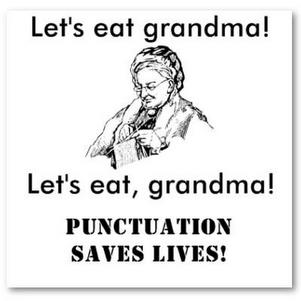

| The school board hired five new teachers this year. | |
| A dependent clause is a group of words that contains a subject and a verb but does not express a complete thought. A dependent clause cannot be a sentence e.g. | |
| Although the school board hired five new teachers this year. | |
| The addition of the dependent clause marker although means that something else is required to complete the sentence. e.g. | |
| Although the school board hired five new teachers this year, the classes are still overcrowded. | |
| Therefore, it is incorrect to write something like this: | |
| Although the school board hired five new teachers. The classes are still overcrowded. | |
| Other dependent clause markers are: after, when, unless, before, if, as, whether, in order to and while. | |
| The visibility was low on the motorway the number of collisions was high. | |
| You can put a full stop between the two sentences: | |
| The visibility was low. The number of collisions was high. | |
| If the ideas are closely linked, you can add a semi-colon. | |
| The visibility was low; the number of collisions was high. | |
| You can also insert a connective: | |
| The visibility was low and the number of collisions was high. | |
| The music festival was a great success, the organisers made a lot of money. | |
| The best way to avoid a comma splice is to put a full stop (or a semi colon) between the two sentences. | |
| The music festival was a great success. The organisers made a lot of money. | |
| Another way is to join the two clauses with a conjunction. | |
| The music festival was a great success and the organisers made a lot of money. | |
| 1. | B | (You need a main verb!) |
| 2. | C | (You need to add a main clause!) |
| 3. | B | (You need a main verb!) |
| 4. | A | (You need to add a subject!) |
| 5. | C | (You need to add a main clause!) |
| 6. | B | (You need a main verb!) |
| 7. | C | (You need a main clause!) |
| 8. | A | (You need to add a subject!) |
